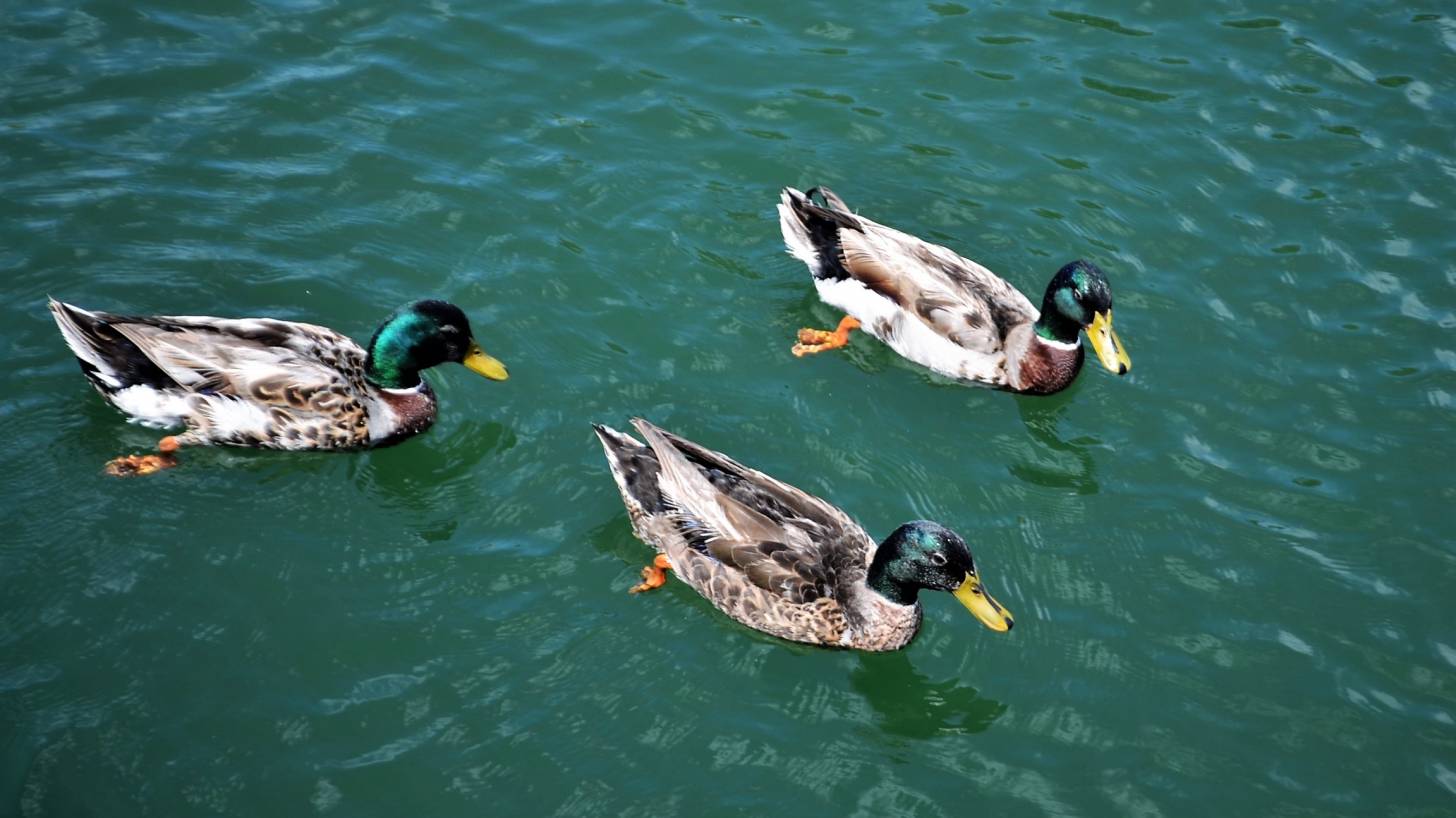Pandemic Avian Influenza Vaccine Passes Phase 2/3 Test

A new vaccine study found a potential approach to counter pandemic threats from A(H5N1) influenza may include priming the population with an A(H5N1) vaccine and then boosting with a dose of the pandemic vaccine at the start of a pandemic.
This Phase 2/3 study was conducted by the Institute of Vaccines and Medical Biologicals (IVAC) in Vietnam and was published on December 4, 2019. This research focused on the question ‘if an influenza pandemic were to occur, would there be a shortfall of vaccines for avian influenza A(H5N1).’
Avian influenza vaccines are known to be inherently less immunogenic as compared to vaccines derived from human strains, said these researchers.
In the Phase 3 trial conducted in Vietnam from March 2016 to August 2017, 630 participants were randomized to receive the IVACFLU-A/H5N1 vaccine candidate.
This investigational vaccine is an inactivated whole virion monovalent A(H5N1) influenza vaccine produced in embryonated eggs, inactivated with formaldehyde, and formulated with aluminum hydroxide.
The Phase 2/3 study was designed to evaluate the safety and immunogenicity of 2-doses of the IVACFLU-A/H5N1 vaccine given 21 days apart.
The researchers reported the IVACFLU-A/H5N1 vaccine to be ‘well-tolerated and most of the adverse events were mild and of short duration.
And, the overall seroconversion rates were 68 percent for hemagglutination inhibition (HI), 51 percent for microneutralization (MN) and 56 percent for single radial hemolysis (SRH).
Additionally, the seroprotection rates for the IVACFLU-A/H5N1 vaccine were 44 percent for HI, 41 percent for MN and 55 percent for SRH. The GMT ratio was 5.31 and 3.7 for HI and MN respectively; GMA was 4.75 for the SRH.
One limitation of this study was the skewed randomization ratio of 5:1 for vaccine and placebo in the Phase 3 study. The smaller placebo group constrained a definite comparison of safety data, though this did not influence the interpretation of immunogenicity data.
This study’s findings are important since the first reported case of bird-to-human transmission in Hong Kong in 1997, to its subsequent reemergence in 2003, avian influenza A(H5N1) has gradually spread across the world, threatening lives wherever it circulates.
Moreover, Avian A(H5N1) influenza infection in people is associated with high mortality: globally, 454 deaths were reported in 860 cases between 2003 and 2018.
Recent Avian Influenza news
- December 9, 2019 – The U.S. Department of Health and Human Services announced a $226 million dollar agreement to increase Sanofi Pasteur’s domestic pandemic influenza vaccine production capabilities in Pennsylvania.
- September 3, 2019 – Seqirus presented data from various clinical studies demonstrating the ability of an MF59® adjuvanted influenza vaccine to increase immune responses when used in both seasonal and pandemic influenza vaccines, across pediatric and adult populations.
To address this global problem, the World Health Organization (WHO) in 2006 launched a Global Action Plan on Influenza Vaccines (GAP) with the objective of expanding the development of influenza vaccines to counter the threat of influenza pandemics.
Since 2009, in partnership with Biomedical Advanced Research and Development Authority (BARDA) of the US Department of Health and Human Services and WHO, have contributed to GAP by providing technical assistance to many vaccine manufacturers in developing countries.
This project has been funded in whole with Federal funds from the U.S. Department of Health and Human Services; Office of the Assistant Secretary for Preparedness and Response; Biomedical Advanced Research and Development Authority,
Declaration of Competing Interest: Vien Chinh Chien and Nguyen Thi Lan Phuong, are employed with the Institute of Vaccine and Medical Biologics (IVAC), which manufactured the vaccine. Other authors have no financial/personal relationships that may be considered as potential competing interests.
Pandemic vaccine news published by Precision Vaccinations.
Our Trust Standards: Medical Advisory Committee

























